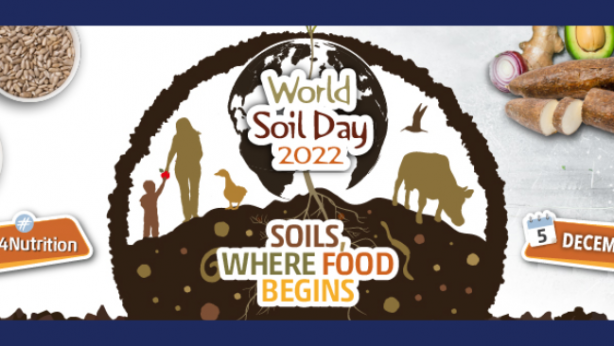World Pulses Day 2022 #WorldPulsesDay
The world’s growing population could be fed more sustainably with pulses
Pulse crops have a lower carbon footprint than most foods because they require a small amount of fertilizer to grow. They also have a low water footprint as they are adapted to semi-arid conditions and can tolerate drought stress. But it’s not just the sustainability factor: Pulses are inexpensive, easy to store, highly-nutritious, and their ability to enhance the soil microbiome has been key in improving farming techniques in low-income rural areas.
Soil salinization and sodification are major soil degradation processes threatening the ecosystem and are recognized as being among the most important problems at a global level for agricultural production, food security, and sustainability in arid and semi-arid regions.



